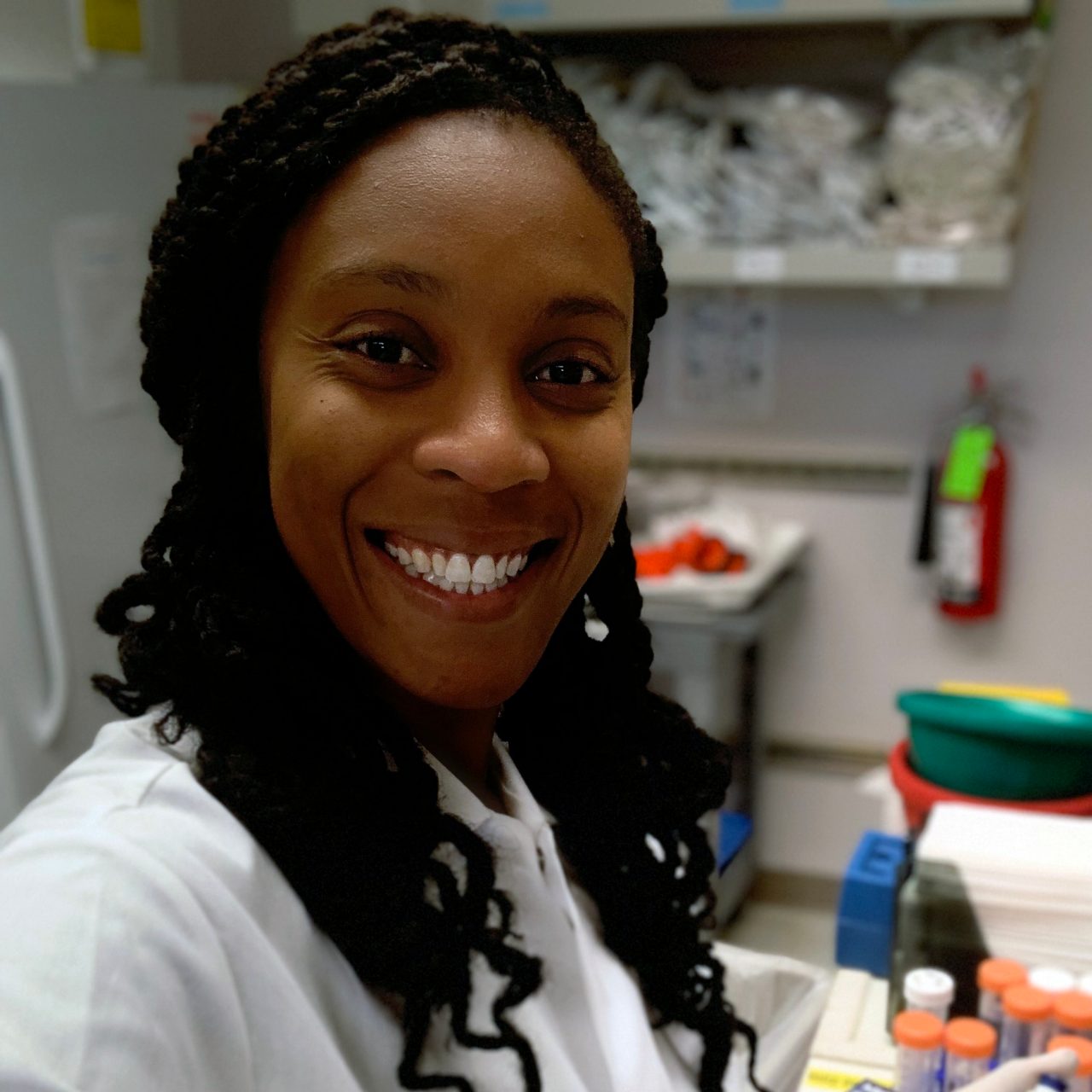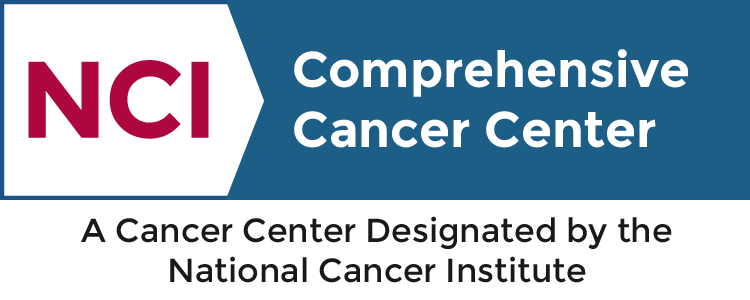During Breast Cancer Awareness Month we spoke to Stanford neurosurgery instructor Maxine Umeh Garcia, PhD, about her exciting breast cancer research, cancer disparities, community engagement, and the importance of mentorship.
Can you let us know a little bit about your background and what in particular drew you to study the intersection of breast cancer and brain metastasis?
I am a California native, born and raised in Sacramento. I received my B.S. in Developmental Biology with a minor in Psychology as well as a Masters in Quantitative and Systems Biology both from UC Merced. I then went on to complete my PhD in Biochemistry, Molecular, Cell and Developmental Biology at UC Davis where I began working in the breast cancer field. I am now an Instructor in the Department of Neurosurgery where I study breast cancer metastases to the brain.
My research is particularly focused on triple-negative breast cancer (TNBC), which has a significantly higher incidence and worse outcomes in Black women, compared to other ethnic groups. This also extends to metastatic breast cancer, including those that metastasize to the brain. Black women exhibit a 2.26-fold higher incidence of, and a 10-fold higher mortality risk from, breast cancer brain metastases compared to White women. As a Black women in biomedical sciences, this topic is both important and intriguing to me. There are still many unanswered questions about the connections between African Ancestry and aggressive breast cancers and how much of it is due to socioeconomic factors and how much is due to underlying cell biology.
My goal is to identify and better understand factors that contribute to how, when, and why patients, particularly Black women, get breast-to-brain metastases.
Congratulations on the U54 grant from the National Cancer Institute! Please describe the exciting work you are conducting on brain metastasis.
Thank you! We are very excited about the U54 grant and the opportunity to collaborate with a talented and diverse group of scientists at Stanford, and beyond, to tackle brain metastases. Our work is unique in that we are looking at many types of cancers that all lead to brain metastases (e.g., breast, lung, melanoma) and we are working to understand: 1) how do unique features of the cancer cell contribute to brain metastases? 2) how does the unique environment of the brain support or inhibit brain metastases? and 3) what role does the immune system play in brain metastases development (i.e., does a “bad” immune system allow cancer cells to travel to the brain?)
We are excited to use all of Stanford’s cutting-edge technology and patient samples (graciously donated for research) to help us answer our proposed questions.
What do you find most gratifying about cancer research?
Hands down my favorite thing about cancer research is mentorship and community engagement. Mentorship because I get to teach and train historically underrepresented students, and open new doors of access for them. I am only here because I had exceptional mentors that took every opportunity to champion me, and my goal is to do the same (and more) for others. Community engagement, I enjoy demystifying the research we do and helping people understand it on their level and in their own terms. Science is not for a select elite ultra-smart group, everyone should have access and the opportunity to understand our work and how it benefits patients and the community.
Share a fun fact about yourself.
I transferred from a community college in Sacramento to UC Merced in 2007, two years after the school opened. I never even did a campus tour and only applied to appease my parents. I didn’t think I’d actually get accepted.When I got to campus there were exactly 3 buildings including the dorms and dining hall, and there were cows across the street. Big difference from Sacramento. But I am so thankful and proud to be a UCM alumna!



